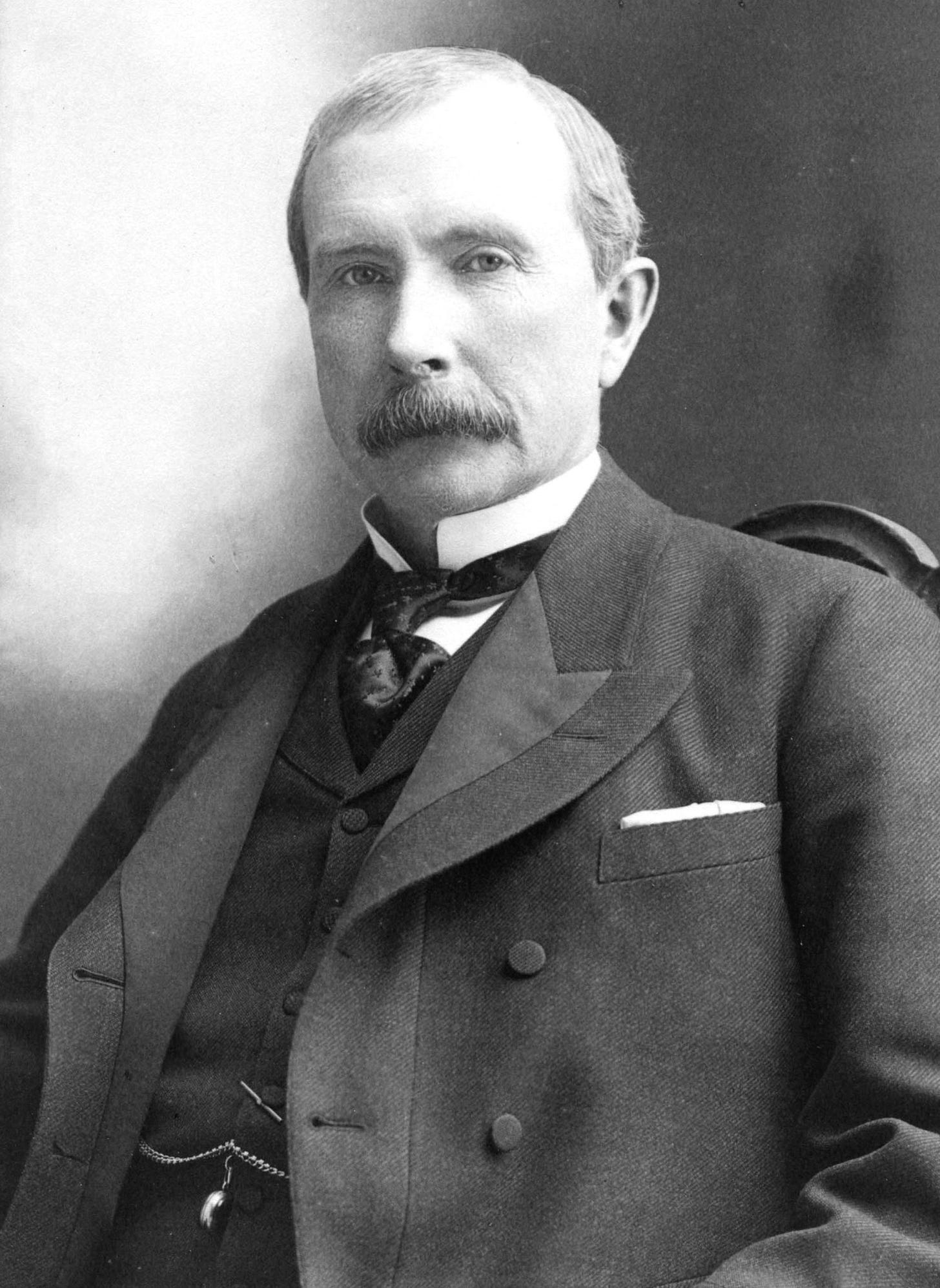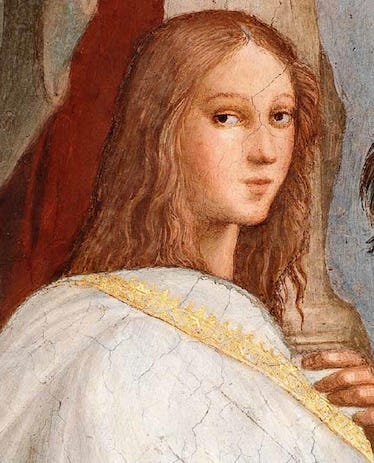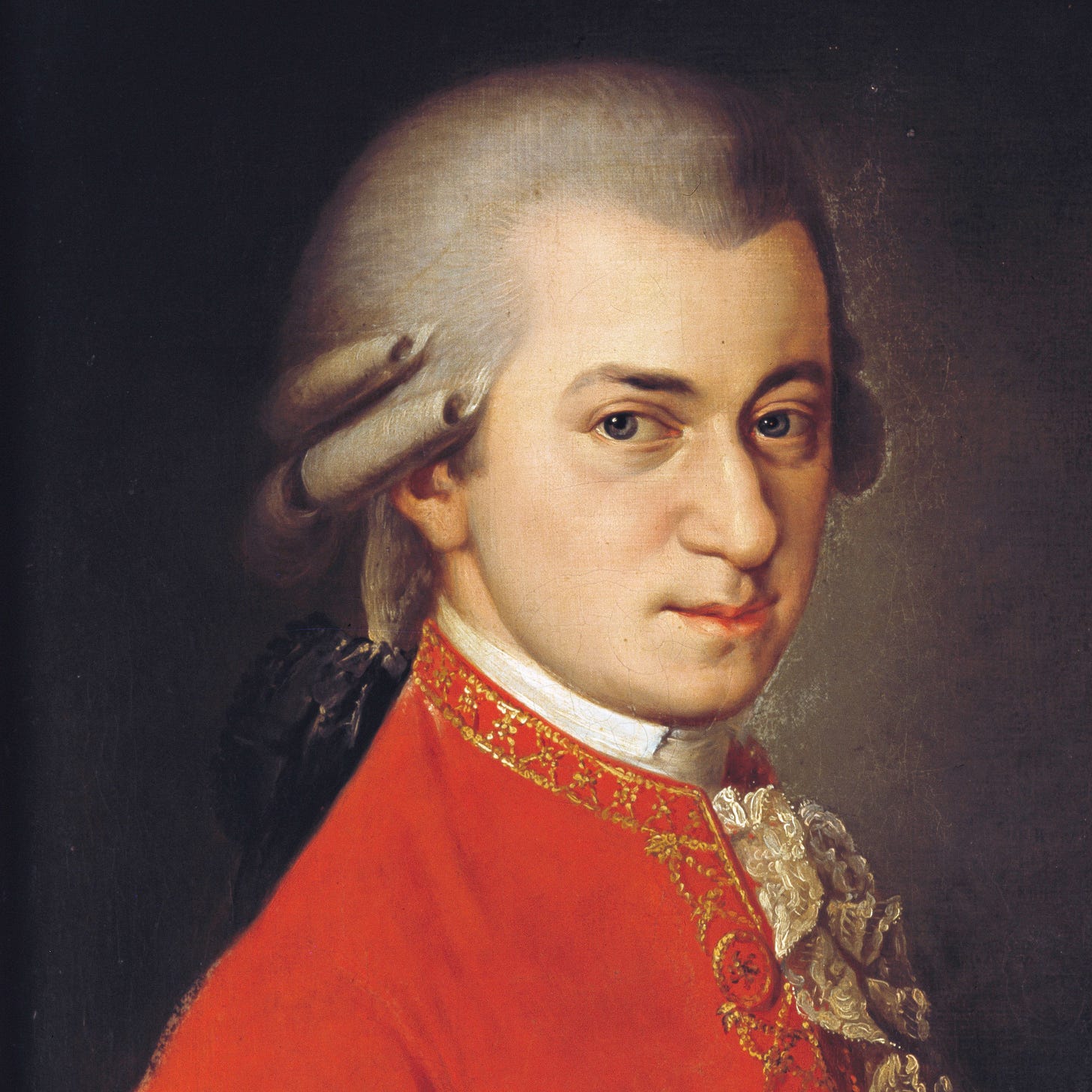On Towards the Stars: Great People
[This post is part of a larger strategy guide for Civilization 6]
Most great people aren't going to meaningfully change the course of a game. For the most part, earning Great People is pretty straightforward: build the right districts and wonders, collect points, earn the person. (It's worth calling out again the rare Pingala Great People strategy again in this section as a way of seriously boosting your Great Person output.) As a result, they are sort of a "win more" mechanic, a feature that mostly benefits players who are already dominating the game.
But some rare great people can be game changers that are really worth racing for. In this section, we'll briefly cover which people are worthwhile and why. Note that I won't be covering Great Prophets here — go read the section on Getting a Religion. Also, because great people can't die (except in rare conditions like being nuked), any great person can be effectively used as an immortal scout if you don't have an immediate use for them.
Generals / Admirals
First, to get the obvious out of the way, Generals and Admirals work differently from every other Great Person type. Instead of providing value through a special one-time ability, Generals / Admirals have a passive +5 combat strength and +1 movement speed on all units from the current/following era, within 2 tiles.
The first General / Admiral that you pick up is a game changer, especially if no one else has one yet. The +5 damage boost, especially when paired with a timing push, can be devastating against any opponent. Your second and third and fourth general? Eh. Less valuable. Because the passive is so strong, you want to make sure that your Generals and Admirals are protected on the field and are using their city teleportation ability to always be on the front lines.
For the most part, the activated abilities for Generals and Admirals fall into one of these five categories, ordered by value.
Create a unit from the era. Most of the time, General and Admiral abilities aren't game changers because their passive is already so strong. But every now and then the game randomizes the Great Person order such that you can create a very strong unit out of thin air. If you're under siege, quickly manifesting a Knight or Cavalry can pretty dramatically change your city strength. And if you're attacking, a tank or infantry can help knock down that city health quickly. This ability is even more swingy for Admirals, since naval units tend to have much more significant power jumps (eg Quadrireme to Frigate).
Create a corps or army out of a unit. Getting a corps/fleet or army/armada early can be pretty effective in changing the tide of a battle, especially if you chain it with the first ability. It's not as immediately impactful because you still need to have the base unit, and because it doesn't change city strength unless the unit is garrisoned. But if for some reason you have a few great generals/admirals lying around with the right combination of abilities, you can appear with a Knight Corps way before you should. If you know you're going to get a general with this ability, it's worthwhile to rush researching and building the next-strongest unit tier.
Reduce war weariness. It's useful, but won't win a game.
Get a promotion + experience boost. Ditto.
Increase city loyalty. Instead of actually activating these guys immediately, I tend to just use them as scouts and then if I'm ever in a dark age I'll pull them back to use their abilities.
Admiral abilities tend to be stronger and more varied than Generals, and there are a few special Admirals that have pretty strong abilities. Again, ordered by value:
Rajendra Chola grants +3 combat strength to all naval units for the rest of the game. On a naval map this ability is one of the most impactful in the game, and you should absolutely try and race for it.
Horatio Nelson grants two reasonably strong abilities. The first is a free lighthouse and shipyard in a harbor. Not game changing but nothing to sneeze at, that's a fair bit of production in a weaker city. The second, +50% bonus to flanking, is the real killer. On the water, there is no terrain to prevent a flank; if you're playing intelligently, this ability is a free +3 or +4 combat strength. Really strong, worth rushing.
Matthew Perry is a bit goofy but situationally very strong. He gives you enough envoys to become Suzerain of a city state, and then removes all other envoys from that city state. Off the bat, immediate caveat that this guy only works if you have coastal city states. There are a lot of games where he's actually useless, eg on a Pangaea. And of course, if no one is pumping envoys into a city state, he's also a bit mid. But if there's a coastal city state that's not already yours with a lot of envoys in it, you can basically saunter in and take it over for the entire rest of the game. I've gotten +11 or +12 envoys from this ability. If your opponent is relying on a city state ability (eg Nan Madol for housing or Preslav for loyalty) this Admiral can be devastating.
Gaius Dallius is a classical era Admiral that can create a Fleet. You normally don't unlock Fleets until the Industrial era. This is coming out so ridiculously early that it's worth calling out as a class of it's own. Tends not to be as strong as it could be because Galleys and Quadriremes become relatively weak in the medieval era.
Engineers
Great engineers are pretty straightforward — get the points, use the ability. Engineer abilities are generally in one of the following categories.
Get production for a wonder
Increase city district limit
Of these two, I tend to find the wonder production much stronger — getting a great engineer that gives wonder production is almost like getting a free wonder, and there are some very strong wonders in the game. While I wouldn't necessarily race for one of these engineers every time they pop up, if I know there's a wonder I really consistently want (eg Kilwa) I'll keep an eye on the great person tab to see if I can snag an engineer.
Other strong engineers include:
Sergei Korolev gives 1500 production to a space race project. This is basically always worth rushing — either you get a free space project, or you prevent someone else from getting it. Both immensely valuable.
Da Vinci, who gives +3 culture to all workshops. I generally build workshops in all cities, and +3 culture is a fair bit in the Renaissance era. Worth rushing in most games in my opinion, but especially worthwhile if you're going against a cultural powerhouse (to offset tourism).
James Watt gives a free workshop and free factory to a city, and also gives all factories +2 production. This is a very strong ability — more so than equivalents in other district types — because industrial zone improvements are massively useful for making new cities useful. Because factories also share production with other cities, Watt can improve entire regions of your empire in one click.
Tesla again improves factories with another +2, and increases their range by 3 tiles for a total of 9. This means that either you have your factory bonus basically everywhere in your empire and you never need to build another one; or if you have a well promoted Magnus, you have a super city that is generating absolutely insane production.
If you build Mausoleum at Halicarnassus — +1 Great Engineer charges for all Engineers — the calculus changes. That wonder makes every single engineer a must have. With Mausoleum, I probably run the Industrial Zone Logistics project in at least one city constantly.
Merchants
Merchant abilities tend to be made up of the following ability categories:
A free governor title
A trade route, trade route capacity, or some modification to how many resources you get from trade routes
Envoys
A chunk of gold
And then in the late game:
A special amenity
A tourism modifier
All of these are pretty good, and are highly game dependent! Kinda hard to weigh them, but if I had to I'd say the governor titles are the best because they are comparatively the most rare.
A lot of the value of a Great Merchant changes based on your civ. For example, Portugal benefits a ton from Ibn Fadlan (+2 faith for trade routes to city states) and gets basically nothing from Raja Todar Mal (+0.5 gold per district at the destination for domestic routes). The exact opposite is true for Tokugawa. So when evaluating a particular merchant, you really need to consider how useful the merchant is to your strategy, and whether it's worth stealing a merchant that may be critical for someone else.
Other strong merchants include:
John Rockefeller, in my opinion the strongest Great Person in the game and always worth rushing. Rockefeller gives you an insane 3 oil per turn AND +2 gold per strategic improvement in the destination city for all trade routes. Oil is easily the most important strategic resource. You need it for tanks, you need it for planes, you need it for any kind of late game war. I've seen folks who were absolutely steam rolling just lose because they didn't have oil in their empire. You really really need oil, so getting +3 for free, forever, is a game changer. Add to that a solid +8 or so gold per trade route? Yea, this dude is insane.
Stamford Raffles is a very silly Great Person who basically just lets you absorb a city state into your empire for free, as long as you are already the Suzerain. Not always a game changer, but sometimes this guy gives you an offensive base at just the right time to kick start an offense. Also useful if an opponent is highly dependent on a city state — with a bit of planning you can flip the city state and immediately take it over, removing the city state from the game.
Scientists
Great scientists tend to give you:
Improvements to science output for campus buildings (+ free buildings)
Bundles of science (sometimes with a specific adjacency trigger)
Eurekas or completed techs if you have the Eureka
It's a bit hard to rank the first two Great Scientist options here. In the early game, getting Hypatia (+1 science per library) can be game changing. In the late game, getting Einstein (+4 science per research lab) is…underwhelming. As a result, as the game goes on, the first and second rankings switch.
That said, there's no doubt that the last option is the worst. Whether you get a big bundle of science or a steady stream, the science improvement can be spent on whatever you're working on, which means you can basically use either option to rush through the techs you need faster. Eureka bonuses tend to be random, you may not actually strategically care about the eurekas you're getting, and you may have already gotten that Eureka! I tend to pass on scientists that only give Eurekas, unless I know I don't have the Great Scientist point generation to get another one for a while.
Other strong scientists include:
James Young, who is in my opinion the second best Great Person after Rockefeller. Young lets you see oil without the normal requirement — generally a full era early. In a lot of games, you'll find you already have oil in your empire. Maybe you have a city or district on top of oil already, and can start building your stockpiles a bit early. Cool, but not a game changer. Young's real value is when you don't have oil in your land. Because James Young gives you an era's heads up, you can position yourself to make sure you have oil when you need it (generally by starting wars or placing a very late stage city in the arctic near oil or something like that).
Hypatia gives a free library and gives all libraries +1 science. On it's own, this is whatever. But Hypatia is one of the earliest accessible Great People in the game. And she comes in at a time when
you don't have a ton of science output so every bit makes a huge percentage difference;
the production to build a library is much better used elsewhere (namely: to start ramping more production)
Unfortunately Hypatia also comes early enough that it's rather difficult and wasteful to rush Great People points. But, you know, great to get if you can!
Abu Al-Qasim Al-Zahrawi is a weird Great Scientist, but when used effectively can be incredibly powerful. He acts a bit like a Great General, but for healing — all units that are within one tile of him get +20 healing when they are taking a turn to heal (i.e. a full turn of fortify). On defense, this ability will generally let you hold a line against ranged units, forcing your opponent to charge melee into your +6 fortified army. On offense, this ability will let you roll from one city to another, getting wounded units back to the front in half as much time or allowing your units to heal up deep in enemy territory. Eventually you can get other units that heal (e.g. medics), but Abu comes so early in the game that he can single handedly be the reason a war is won or lost.
Mary Leaky is only useful in exactly one situation: you're playing a culture game and have a ton of artifacts. This is a very strange scenario to be in. First off, if you're playing culture you likely aren't generating enough Great Scientist points to be really competitive on picking her up. Second, artifacts tend to be a difficult way to win culture victories because people won't let your archeologists into their territory. Third, it's really hard to theme archeology museums — most other people don't really get artifacts themselves so you can't rely on trading, and unlike with Great Artists you don't know what theme you will get in the first place. But let's say you are playing Kongo and get big bonuses for artifacts, and have a lot of them. Leaky is a must have, and is crucial to winning. I'd go so far as to say that if you find yourself in this position, you cannot win without Leaky.
Carl Sagan is again essentially a free space race project. By this point in the game it's worth rushing Sagan either to get the project yourself or to deny it to someone else.
Writers / Artists / Musicians
All of these guys work essentially the same way, so there's no real way to rank better and worse. The one thing to note is that you should be thinking about theming when deciding which Artists to rush (if any).
For reference:
Relics give 4 faith and 4 tourism.
Works of writing give 4 culture and 2 tourism each.
Works of Art give 4 culture and 4 tourism each.
Artifacts give 6 culture and 6 tourism.
Works of Music give 12 culture and 8 tourism each.








